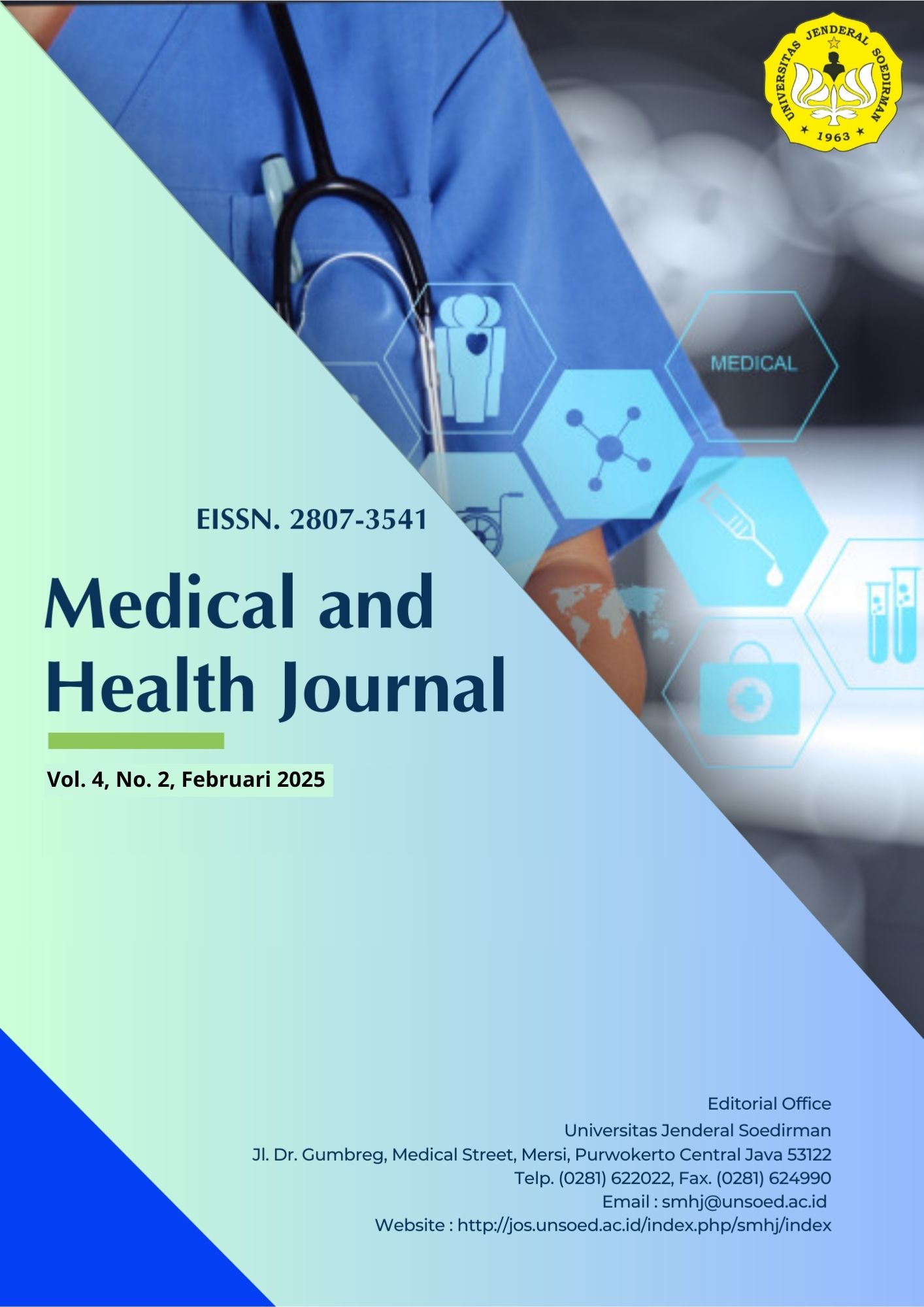COMPREHENSIVE REVIEW OF MECONIUM ASPIRATION SYNDROME: RISK FACTORS, COMPLICATIONS, AND TREATMENT APPROACHES
Abstract
Background: Meconium Aspiration Syndrome (MAS) is a major cause of neonatal respiratory distress, occurring due to the aspiration of meconium-stained amniotic fluid. MAS can lead to airway obstruction, chemical pneumonitis, surfactant dysfunction, and persistent pulmonary hypertension. Objective: This article aims to review the risk factors, pathophysiology, diagnosis, complications, as well as prevention and management strategies of MAS based on recent literature. Methods: A literature review was conducted by analyzing relevant studies from scientific journals, medical textbooks, and other reliable sources. Results: MAS is associated with risk factors such as placental insufficiency, maternal hypertension, preeclampsia, and fetal hypoxia. Diagnosis is established through clinical assessment, radiological findings, and blood gas analysis. Management includes neonatal resuscitation, oxygen therapy, mechanical ventilation, and ECMO in severe cases. Conclusion: Early detection and appropriate management are crucial in reducing morbidity and mortality caused by MAS. Preventive strategies in the delivery room play a key role in reducing the risk of meconium aspiration and improving neonatal outcomes.






